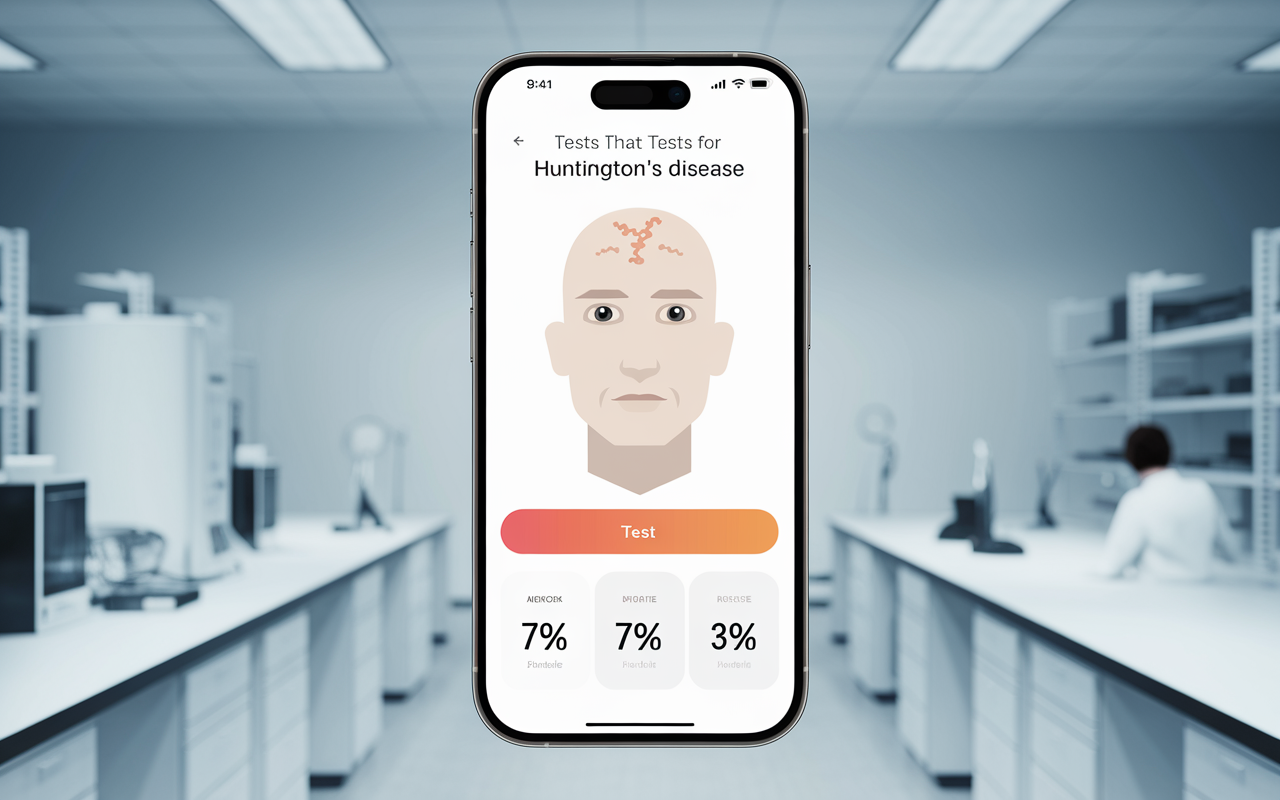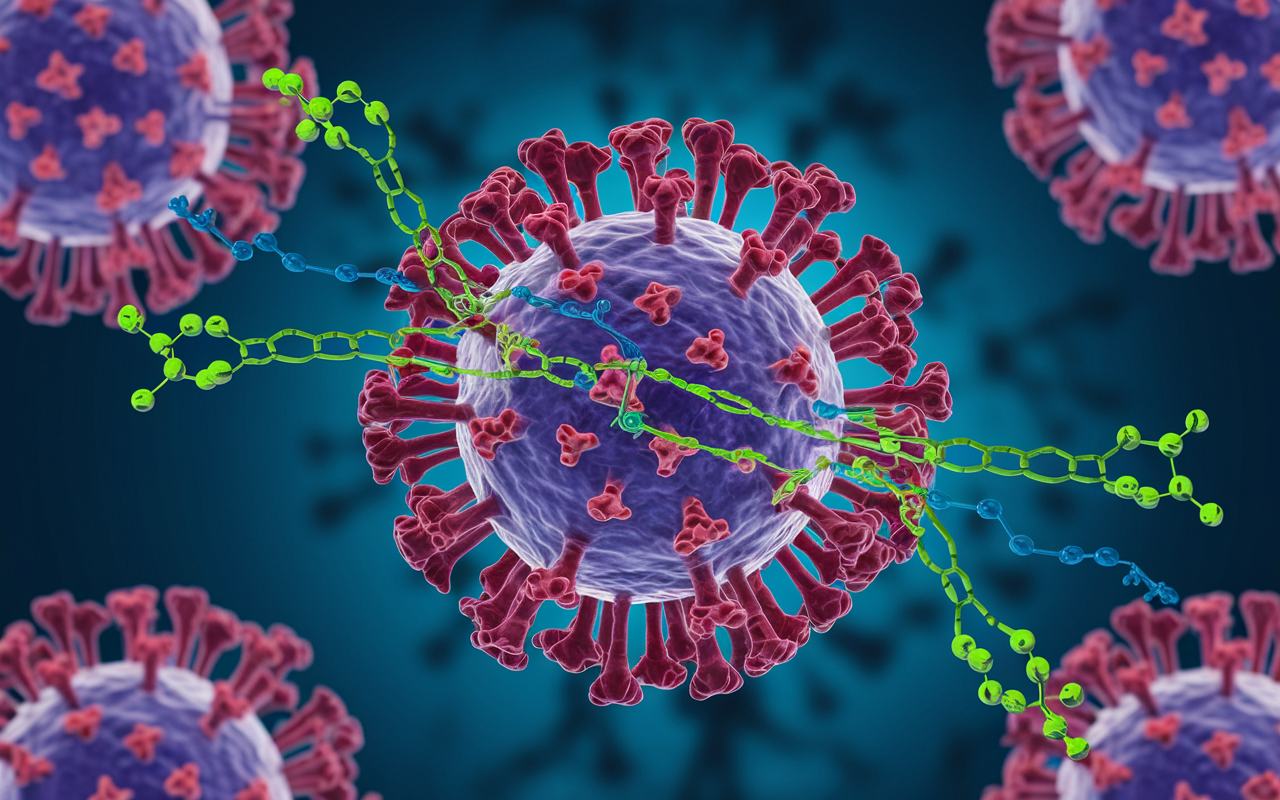Welcome, BioPharma Enthusiasts!
This issue is packed with groundbreaking developments in biopharmaceutical innovation that you won't want to miss. Let's dive into the latest advancements shaping the future of healthcare.
What's in this issue:
- 🔬 Discover how scientists are improving T cell responses to vaccines.
- 📱 Learn about a new smartphone app accelerating drug development for Huntington's disease.
- 🧪 Uncover the potential of ultra-selective aptamers in antiviral therapies.
- 🌿 Find out how fermenting legume pulses boosts their antidiabetic and antioxidant properties.
Quote of the Day
"The science of today is the technology of tomorrow." - Edward Teller
Latest Developments
🔬 Improving T cell responses to vaccines (2 minute read)

Rundown:
In the ongoing quest to design more effective vaccines, scientists are exploring ways to enhance the body's immune response. While antibodies provide a crucial first line of defense, researchers emphasize the importance of robust T cell responses, especially as viruses mutate to evade antibodies.
Key Points
- 🦠 Researchers aim to strengthen T cell responses in vaccine design.
- 🔬 Enhanced T cell immunity can provide a "backup plan" against mutating viruses.
- 🎓 Ph.D. student Emily A. Aunins leads the study on improving immune responses.
- 💡 This approach could lead to more resilient vaccines against emerging diseases.
Why it matters:
Strengthening T cell responses in vaccines could offer long-term protection against rapidly mutating viruses, ensuring our immune systems are better equipped to handle future outbreaks.
📱 Smartphone tests could accelerate drug development for Huntington's disease (2 minute read)

Rundown:
Scientists at University College London have developed digital tests carried out via a smartphone app to track the progression of motor symptoms in people with Huntington's disease. This innovative approach provides a sensitive and reliable method to monitor patients, potentially enhancing the efficiency of clinical trials.
Key Points
- 📲 A smartphone app is used for digital tests to monitor Huntington's disease symptoms.
- 🧠 The app enhances detection of disease progression in patients.
- 💊 This method could improve the efficiency of clinical trials for new treatments.
- 🤝 Collaboration between UCL and Roche led to this development.
Why it matters:
By utilizing accessible technology like smartphones, researchers can better track disease progression, accelerating the development of effective therapies for Huntington's disease.
🧪 Ultra-selective aptamers give viruses a taste of their own medicine (2 minute read)

Rundown:
A new study highlights the use of ultra-selective aptamers—short DNA or RNA segments designed to bind to specific targets—as promising tools in biomedical diagnostics and therapeutics. These synthetic molecules can mimic antibodies, offering a cost-effective and versatile alternative in fighting viruses.
Key Points
- 🧬 Aptamers are synthetic DNA or RNA segments that bind to specific targets.
- 💡 They serve as inexpensive alternatives to antibodies in diagnostics and therapeutics.
- 🦠 Ultra-selective aptamers can target viruses with high precision.
- 🔬 This technology opens new avenues in antiviral research.
Why it matters:
The development of ultra-selective aptamers could revolutionize how we detect and treat viral infections, offering precise and cost-effective solutions in global healthcare.
Question of the Day
🤔 How do you think smartphone technology can best contribute to future medical advancements?
Trending
🧬 Vividion Therapeutics and Bayer strengthen oncology pipeline with clinical-stage WRN inhibitor
- Vividion Therapeutics, a subsidiary of Bayer AG, secured exclusive rights to develop and commercialize the clinical-stage WRN covalent inhibitor VVD-214, enhancing its oncology pipeline.
🌿 Fermenting legume pulses boosts their antidiabetic, antioxidant properties
- Food scientists discovered that fermenting legume pulses increases their health benefits, potentially offering new dietary strategies for managing diabetes.
Industry Insight
🔍 Demystifying Aptamers: The Future of Diagnostics
Aptamers are poised to become game-changers in biomedical diagnostics and therapeutics. These synthetic molecules can be designed to bind to virtually any target, offering specificity and versatility. Unlike antibodies, aptamers are easier and less expensive to produce, and they can be modified for enhanced stability.
By integrating aptamers into diagnostic tools, we can achieve faster and more accurate detection of diseases, leading to timely interventions and better patient outcomes.
Quick Hits
🚫 Sarepta halts Duchenne gene therapy in some patients after second death (2 minute read)
- Sarepta Therapeutics pauses shipments of its Duchenne muscular dystrophy gene therapy Elevidys for certain patients following a second death linked to liver failure.
🧪 Eli Lilly's phase 1 amylin data impress analysts (2 minute read)
- Phase 1 results show Eli Lilly's amylin analog demonstrating 11% weight loss with a tolerable safety profile, indicating potential for future obesity treatments.
⏳ FDA's workload delays KalVista's angioedema drug approval decision (2 minute read)
- KalVista Pharmaceuticals faces delays in FDA approval for its angioedema drug due to the agency's heavy workload.
Wrap Up
Thank you for joining me on this journey through the latest in biopharmaceutical innovation. It's an exciting time in our industry, with advancements that hold the promise of transforming healthcare as we know it.
Your curiosity and commitment to staying informed drive the progress we see today. If you found value in this issue, consider sharing BioPharmaPulse with your colleagues and friends. Let's continue to inspire each other toward a healthier future.
Until next time,
Elliot Reeves | BioPharmaPulse
😊 How did you like today's email?
- 😍 Loved it
- 🙂 It was OK
- 😕 Could be better
